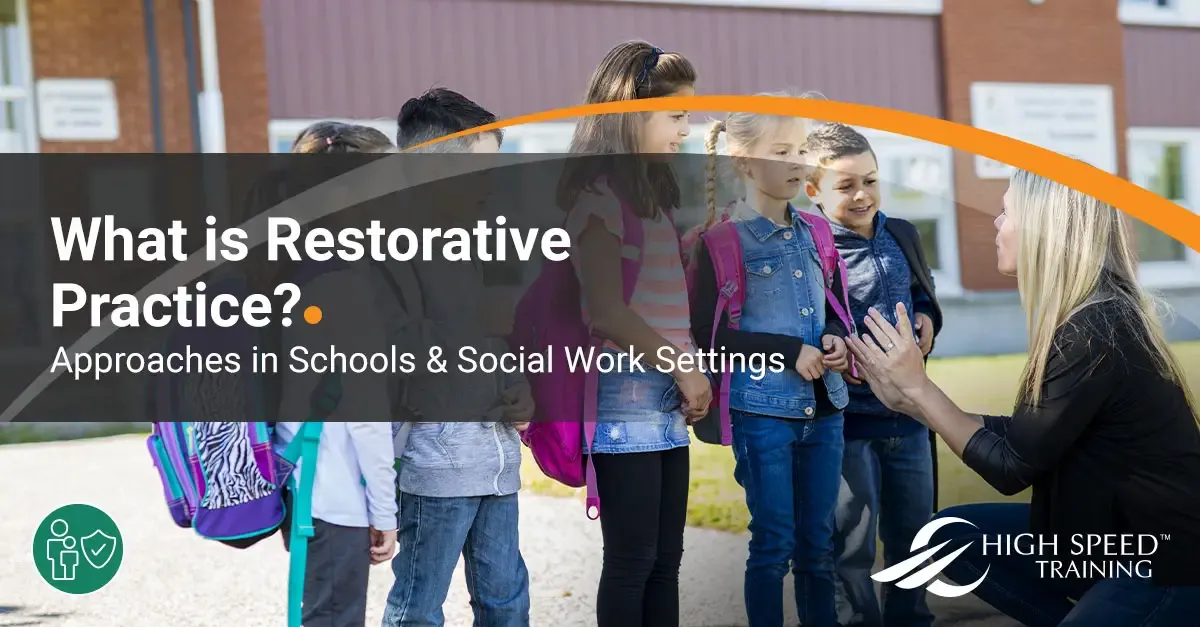Youth empowerment and restorative justice are two interrelated concepts that have gained significant attention in recent years. Both approaches recognize the potential of young people to shape their communities positively and challenge the traditional punitive models of addressing youth offenses. Empowering young individuals involves providing them with opportunities, resources, and support to become active participants in decision-making processes within their communities. Restorative justice, on the other hand, emphasizes repairing the harm caused by criminal behavior by involving all affected parties in resolving conflicts, promoting dialogue, and facilitating understanding. Together, these approaches offer a transformative framework for addressing youth offenses and creating a more inclusive and just society. Youth empowerment entails recognizing the agency of young individuals and enabling them to engage in meaningful opportunities that contribute to their personal growth and community development. Empowerment programs can include mentorship, leadership training, skill-building workshops, and civic engagement initiatives. By providing young people with these tools, they can take on active roles in advancing social change, advocating for their rights, and addressing systemic issues that affect their lives. This approach not only addresses the immediate needs of youth but also has long-term effects, fostering a sense of belonging, resilience, and positive identity. Restorative justice offers a promising alternative to traditional punitive approaches by emphasizing accountability, reparation, and healing for all parties involved in a conflict. This approach seeks to address the root causes of the offense and focuses on repairing the harm done rather than solely punishing the offender. Restorative justice processes can include facilitated dialogues, community conferencing, victim-offender mediation, and circles, allowing for open communication and the understanding of the consequences of one's actions. By empowering youth to actively participate in these processes, they can take responsibility for their actions, make amends, and develop empathy, ultimately reducing recidivism rates and promoting social reintegration
. In conclusion, youth empowerment and restorative justice offer transformative approaches to handling youth offenses. By empowering young individuals and involving all affected parties in conflict resolution, both frameworks emphasize the importance of addressing root causes, repairing harm, and promoting understanding. These approaches not only offer alternatives to punitive systems but also foster a sense of responsibility, agency, and social cohesion, ultimately contributing to the positive development of young individuals and communities at large.
Image:https://www.highspeedtraining.co.uk/hub/restorative-practice-in-schools-social-work/

